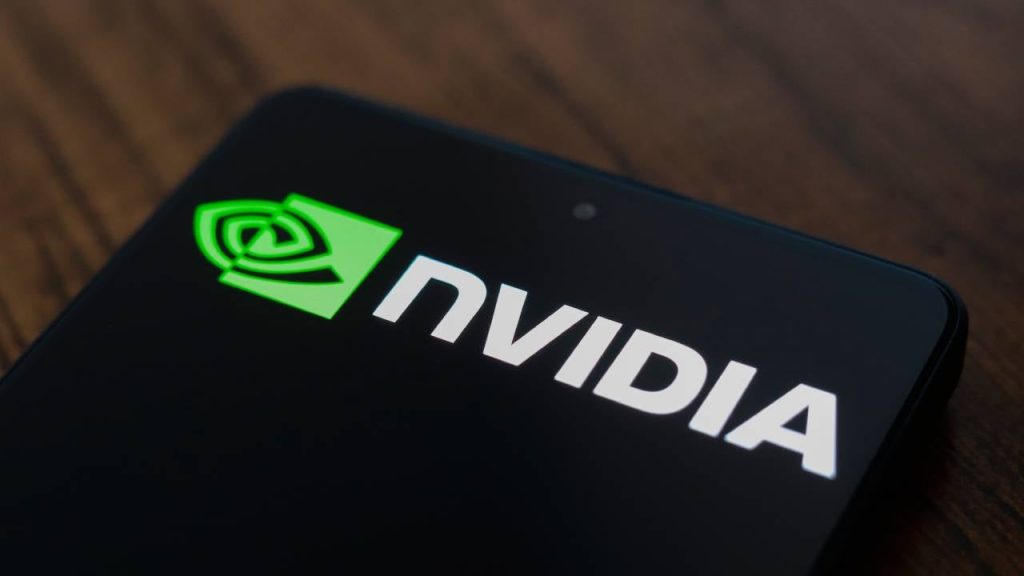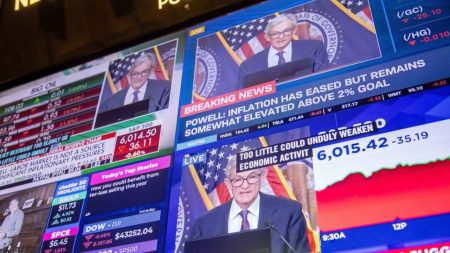Nvidia’s stock has performed unbelievably well over almost any time period, creating enormous wealth for its shareholders. The company has grown from a relatively unknown designer of chips used in video games to the main beneficiary of the artificial intelligence boom.
Nvidia joined the list of trillion-dollar companies in 2023 and is valued at around $3.5 trillion as of October 2024. The booming stock has made the company’s co-founder and CEO, Jensen Huang, the 11th richest person in the world, with a net worth of about $125 billion, according to Bloomberg.
In August, the company announced record results, with its quarterly revenues increasing 122 percent from the prior year and earnings jumping nearly 170 percent. Nvidia also completed a 10-for-1 stock split in June.
“The next industrial revolution has begun — companies and countries are partnering with NVIDIA to shift the trillion-dollar traditional data centers to accelerated computing and build a new type of data center — AI factories — to produce a new commodity: artificial intelligence,” Huang said in May.
“AI will bring significant productivity gains to nearly every industry and help companies be more cost- and energy-efficient, while expanding revenue opportunities,” he said.
How much money you’d have if you invested $1,000 in Nvidia
Every investor wishes they could go back in time and invest in the best stock market performers of today, but what did Nvidia’s business look like 10 years ago compared to today?
In its 2014 fiscal year, Nvidia generated about $4.1 billion in revenue and about $440 million in net income. A solid business, but hardly the stuff of trillion-dollar valuations.
Fast forward to its 2024 fiscal year when Nvidia generated $60.9 billion in revenue and net income of nearly $30 billion. With that kind of growth and profitability, it’s easy to see why Nvidia has been one of the best long-term investments.
Here’s how much a $1,000 investment in Nvidia is worth today if you’d made it one year ago, five years ago or 10 years ago. (The calculation is based on the Oct. 22 closing price of $143.59.)
- 1-year: A $1,000 investment in Nvidia one year ago has grown about 247 percent and would be worth $3,470.10 today.
- 5-years: A $1,000 investment in Nvidia five years ago has compounded at 96.6 percent annually and would be worth $29,378.39 today.
- 10-years: A $1,000 investment in Nvidia 10 years ago has compounded at 78.1 percent annually and would be worth $321,459.94 today.
Investing in stocks: What to know first
While it’s easy to look back and see how much money you’d have made if you’d invested in the biggest stock market winners, investing is always about what will happen in the future. Whether or not Nvidia will continue to reward investors in the same way over the next decade is difficult to predict, but fortunately investors can earn decent returns by holding a basket of diversified stocks.
Broadly diversified index funds, such as those that track the S&P 500, allow investors to participate in the stock market at a low cost, without having to identify individual companies to buy and sell. While this more diversified portfolio limits your returns, compared to holding a single stock, it also provides some protection when a few stocks perform poorly.
Be sure to research any stocks thoroughly before investing. You’ll want to understand the company’s business and strategy, its competitors, financial position and management team before making an investment decision. Owning individual stocks can be extremely rewarding over time, but few will match the returns seen by Nvidia shareholders.
Editorial Disclaimer: All investors are advised to conduct their own independent research into investment strategies before making an investment decision. In addition, investors are advised that past investment product performance is no guarantee of future price appreciation.
Read the full article here












